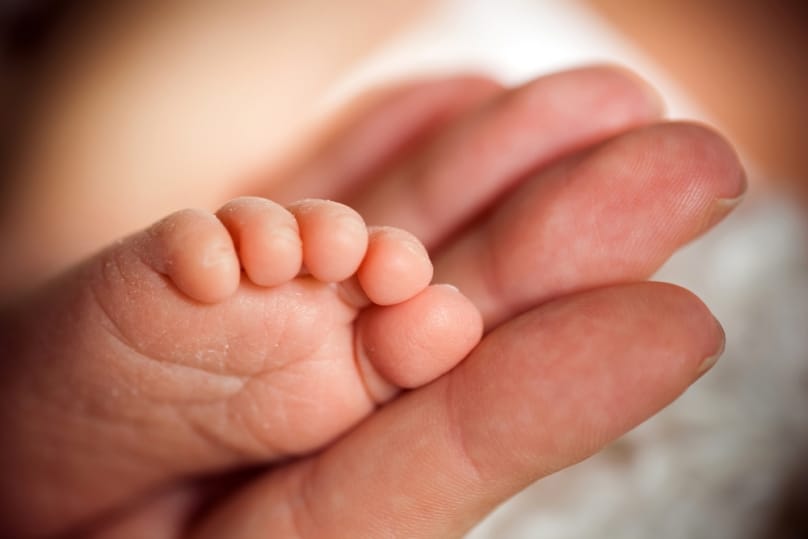
Another week. Another conversation about adoption. I was abandoned at birth along with my twin sister. Our birth mother didn’t have the finances or the support to be able to keep us.
We were eventually adopted when six months’ old and raised by an amazing Christian family. Our new mum and dad, and their three biological children, loved us and cared for us. We wanted for nothing.
“So what was it like,” I am regularly asked, “when you first met your biological mother?” This question is generally posed by women as their inner maternal bond kicks in.
“And are you still in touch?” is the question that always follows. The answer for anyone wondering is “yes”. The ability to sustain this newly discovered primal relationship after such a profound severing at or after birth is almost of more interest to others than the details of the first meeting.
Unusually, this week’s exchange about my adoption was in the company solely of men. Unlike women, men show more interest in knowing what it was like for me to meet with my biological father for the first time.
“Did he accept you?” is the question asked with an underlying passion and unease. This is a politer way of saying, “did he reject you?” which many men have come to expect of their relational attempts to connect in any significant way with their father’s heart.
To be accepted and even rejoiced over by the men that precede us, and especially by our father which is true for both for men and for women, speaks acceptance and validity to the very core of our identity. Even Jesus needed to be affirmed that he was his Father’s beloved son at two key points of his ministry: in the River Jordan prior to embarking upon his healing and miraculous ministry, and then on Mount Tabor at the Transfiguration prior to his descent towards Jerusalem and Calvary.
To be rejected by father, whether this is perceived or real, can leave us searching and with deep, often hidden, inner turmoil.
Identity and nature speak to the very core of each one of us. When we don’t have a strong sense of who we are, or of whose we are because we can only know who we truly are when in relationship with others, we can be like rudderless boats tossed about on the storm of society’s nurturing whim.
The bottom line of all I share about my adoption quest is this: once I had found both of my biological parents and faced head-on the secrets of my genesis, then and only then did a central part of me finally find a whole new level of inner peace. This conclusion is echoed in the stories of many other adoptees who have pursued a similar journey.
Only in my twenties, when addressing head-on my all-consuming feelings of same-sex attraction, did I become aware that the strong bond designed to exist between mother, father and child was missing during the earliest stages of my life.
Although my amazing adoptive parents nurtured me well, ultimately aspects of my personality and the very way I went about doing things – my nature – was not their nature.
Adoption has always sought to be a compassionate response to a difficult situation. But adoption and the rise of surrogacy are now being reshaped to meet the requests of same-sex attracted couples with little if any true concern for the fundamental needs of the children involved.
It was both courageous and insightful of gay fashion designers Dolce and Gabbana to publicly oppose the idea of a child deliberately being raised by two gay parents. This isn’t to diminish or judge the parenting abilities of any individual, but rather to take into account what is best for a child’s overall development.
If the covenanted relationship of marriage between one man and one woman is not upheld then we deliberately embrace the emergence of limitless new family settings.
This is seen as being inclusive and non-discriminatory, but to whom? Not the children.
When the core needs and rights of children to access their biological father and mother are effectively diminished or even removed then the door is gradually opened to neglect and abuse on a more covert scale than ever before. Do we really need more abuse and neglect of children in our nation? Will we honestly listen to the increasing voices of adults who, having been raised by loving gay and lesbian parents, speak out about the pain of being raised without mother or father, or both?
To be deprived deliberately of one’s biological father or mother creates a huge injustice for a child. Those of us who have fully faced every aspect of our adoption stories now see this truth.
If only for this reason, it is imperative that everything be done to protect marriage between one man and one woman. To do this is to also protect Australia’s future – our kids.
